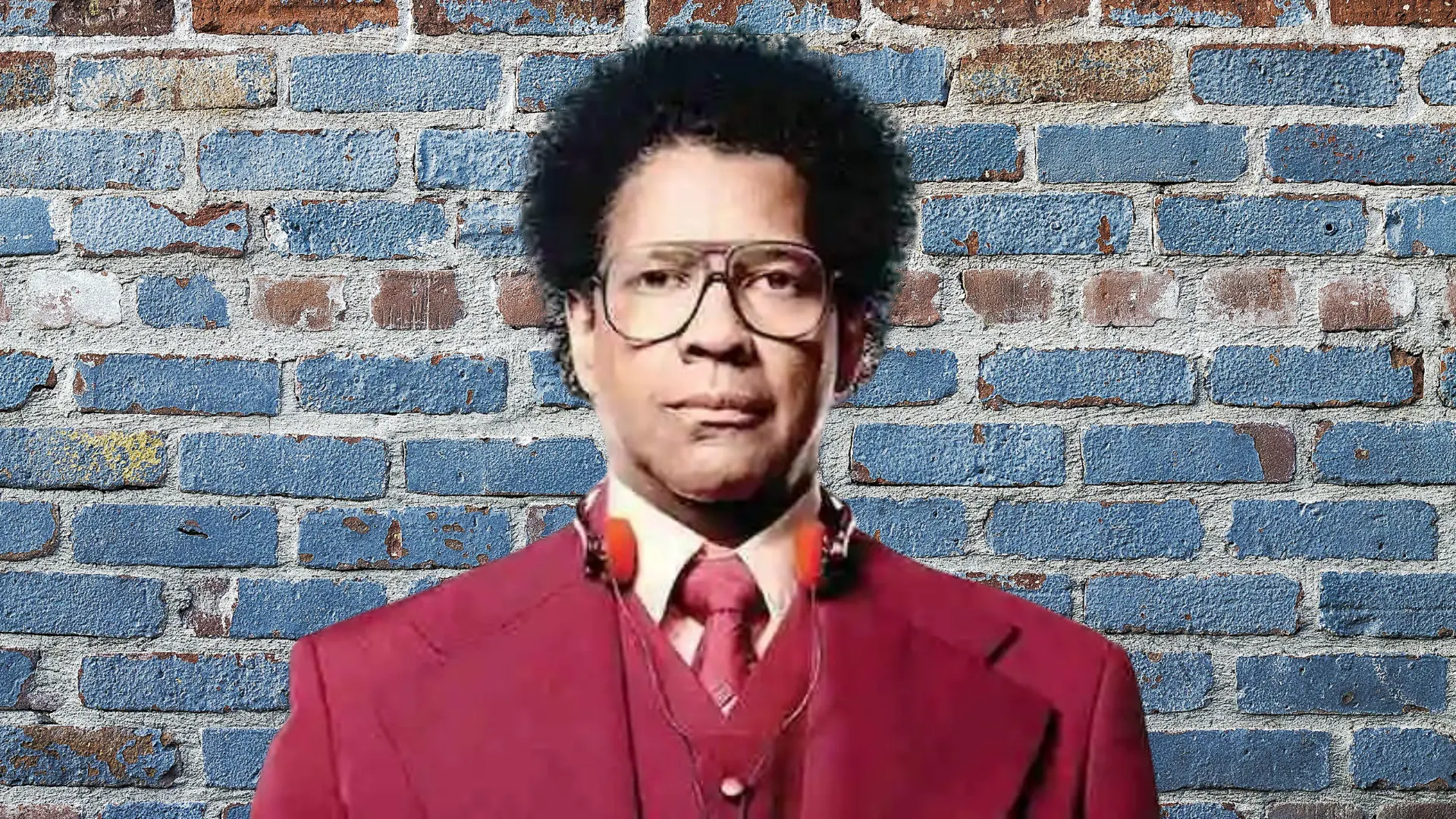Coaching Roman J. Israel, Esq.
The movie Roman J. Israel, Esq. is a legal drama based on the life of a lawyer by the name of Roman J. Israel. Denzel Washington plays the main character, and Colin Farrell plays the primary supporting character.
 While it is not clear if Roman Israel has some form of Autism Spectrum Disorder, what is clear is that Israel is socially awkward and often blunt, which sometimes comes off as offensive. He is brilliant and has a miraculous memory but prefers to work behind the scenes. His preference to work behind the scenes creates a perfect working relationship between him and his partner, William Jackson, who concentrates on courtroom appearances. Unfortunately, Jackson has a heart attack and dies.
While it is not clear if Roman Israel has some form of Autism Spectrum Disorder, what is clear is that Israel is socially awkward and often blunt, which sometimes comes off as offensive. He is brilliant and has a miraculous memory but prefers to work behind the scenes. His preference to work behind the scenes creates a perfect working relationship between him and his partner, William Jackson, who concentrates on courtroom appearances. Unfortunately, Jackson has a heart attack and dies.
After Jackson's death, Israel discovers the firm is bankrupt and must close. Israel accepts a job offer from one of Jackson's former students (Colin Farrell) at a large law firm after not finding any other jobs. The decision to work at this law firm opens the door to where many of his inward struggles become outward problems. Israel is forced to represent clients in the courtroom as a part of his new job responsibilities.
On one occasion, a judge held Israel in contempt of court. At another time, he failed to negotiate a plea deal with a district attorney for a client because of his awkwardness. Then to top it all off, later, he is robbed by a homeless person. This chain of events triggers him, and he goes on a downward spiral.
Israel comments that he is tired of doing the impossible for the ungrateful. At the point of being fed up and frustrated, he decides to use classified information given by a client, who was just murdered, to turn in a suspect named Carter Johnson and collect a confidential reward of $100,000. Israel later comments that his lack of success has always been self-imposed as a justification for his unethical actions.
As fate would have it, Israel is selected to represent Carter Johnson, who then realizes that Israel was the one that turned him in. Johnson accuses him of divulging confidential and privileged information and threatens him with exposure. Israel then has a meltdown and goes on an emotional rampage where he mentally becomes both judge and defendant of himself and declares himself guilty. Israel returns the reward money, and while on his way to turn himself in, he is gunned down and killed by one of Johnson's associates.
Coaching Implications
The film Roman J. Israel, Esq provides an excellent example of how life coaching can help people who are unclear about the decisions they need to make in their lives. While some may view Israel as a person who requires counseling, the reality is that he has achieved a certain amount of success and is relatively comfortable in his life and career.
His biggest problem seems to stem from his inability to make transitions. In one scene, Israel confesses to a friend that he "just cannot seem to remove himself from the things that are happening in his life." In the same conversation, he later comments that he never wanted to come out (of the womb). The nuns told him that he was a forceps baby.
This statement suggests that he even resisted the transition of being born. His inability to make transitions, coupled with his social awkwardness, presents a few problems for Israel in how he responds to situations as well as in how people react to him.
Professional coaching is a valuable resource for those seeking help with life transitions.
People cannot avoid transitions. They cannot go around them. They must go through them, and people must go through them, sometimes with hard work and planning. Hope emerges when the planning starts, and the work begins. It has often been said that hope is a plan that gets you nowhere. Roman Israel was hopeful, but it came to a point where he needed a plan to help him make the transition.
That's where coaching comes in. Had I seen Mr. Israel before the transition to his new job, there are a few questions I would have liked him to consider. I would have asked him questions like:
1. What do you want for yourself in the future?
2. Where are your strengths?
3. What obstacles and challenges do you currently have that need to be addressed?
4. How do you tend to get in your own way?
Of course, this is only a small sample, but the point is that powerful questions can guide a client's attention and direct them to self-reflection and introspection. Moreover, because he was a very logical thinker, he would have quickly grasped the object of many of the coaching techniques and their advantages.
Important Note
It is very important to note that if at any point I had the smallest inclination that Isreal needed professional therapy, I would have referred him out to someone that could better help him with his mental needs.
About the Author










